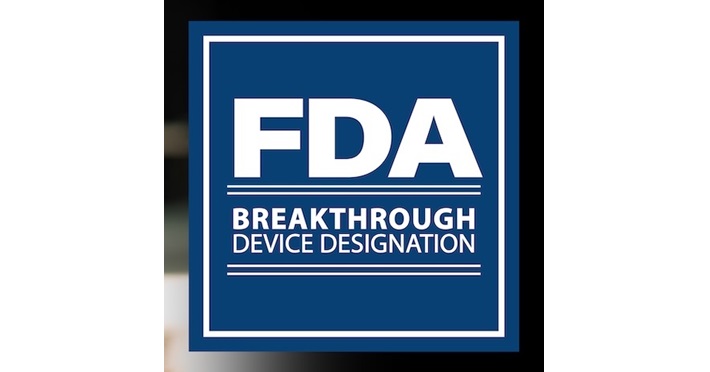AHA says it welcomes the letter urging UHG to step up payments to hospitals, physicians and other providers.
March 12, 2024 – Susan Morse, Executive Editor
The American Hospital Association said it welcomes a letter from the Department of Health and Human Services calling on UnitedHealth Group for increased transparency about the Change Healthcare’s cybersecurity attack and urging UHG to step up payments to hospitals, physicians and other providers.
AHA president and CEO Rick Pollack said, “It’s critical that all payers help providers during this incident to ensure patient care is not compromised. That includes easing administrative burdens, pausing prior authorizations and requirements on timely billing, and providing advanced payments to hospitals and physicians, among other things, until this issue is fully resolved. Just like the impacted providers, these payers are not responsible for the cyberattack; however, as hospitals and doctors have not wavered from their responsibility to care for their patients despite significant hardship, all payers must too honor their responsibility to support hospitals, physicians and patients for care delivered without delay.”
The federal government does have statutory limitations to require private payers to take all the actions that may be needed, and Congress may need to take specific steps to ensure the healthcare system is not disrupted for patients, Pollack said.
WHY THIS MATTERS
The letter, dated March 10, is to healthcare leaders from HHS Secretary Xavier Becerra and Julie A. Su, acting secretary, U.S. Department of Labor.
In full, it said:
“As you know, last month Change Healthcare was the target of a cyberattack that has had significant impacts on much of the nation’s health care system. The effects of this attack are far-reaching; Change Healthcare, owned by UnitedHealth Group (UHG), processes 15 billion health care transactions annually and is involved in one in every three patient records. The attack has impacted payments to hospitals, physicians, pharmacists, and other health care providers across the country. Many of these providers are concerned about their ability to offer care in the absence of timely payments, but providers persist despite the need for numerous onerous workarounds and cash flow uncertainty.








